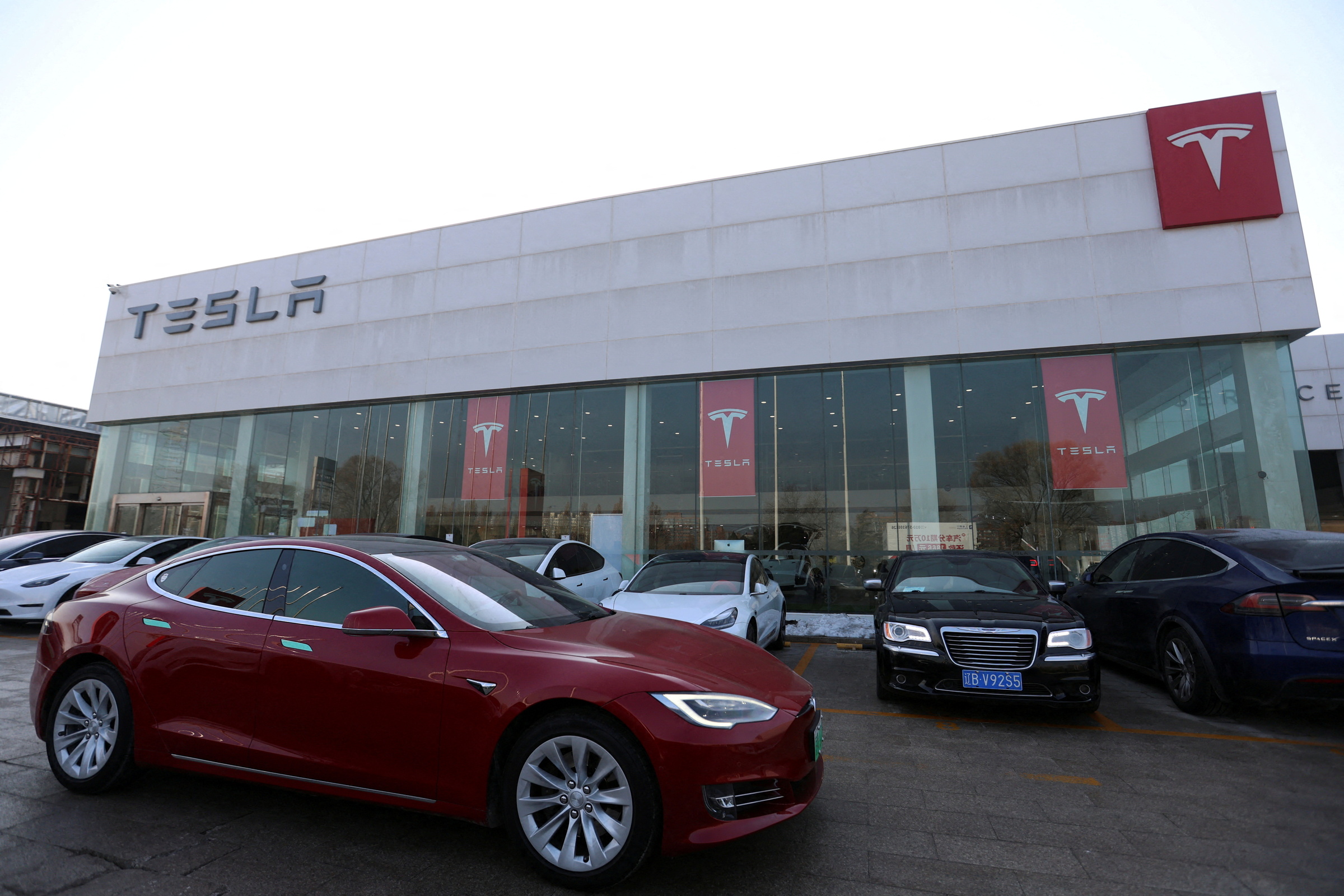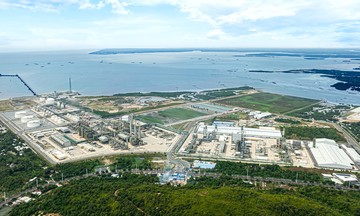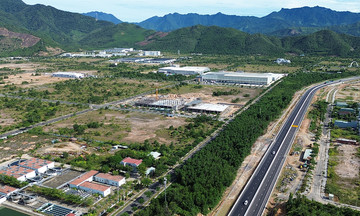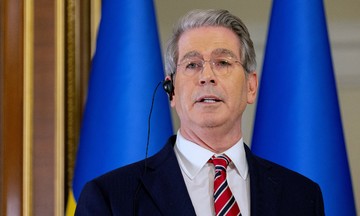Tesla delivered 384,122 vehicles last quarter, a decrease of nearly 60,000 units, or 13.5% compared to Q2 2024. This represents the largest year-over-year quarterly drop in the company's history, though deliveries did increase 14.1% compared to the first quarter.
According to Reuters, these results fell short of analysts' expectations, despite Musk's April statement about a "positive shift" in sales. However, Tesla's stock price still rose 4.5% after the report. Equity strategist Seth Goldstein at Morningstar attributed this to the figures not being as bad as some pessimistic forecasts. A slight rebound in demand in China also contributed to the positive market reaction.
Tesla ended an eight-month sales decline in China in June. This was driven by the updated Model Y, which attracted customers despite competitive pressure from more affordable rivals like BYD. Some analysts believe Tesla benefits from a premium and trustworthy brand image in China, where consumers are increasingly wary of domestic brands selling unused but previously registered vehicles.
 |
A Tesla store in Beijing, China on 4/1/2024. Photo: Reuters |
A Tesla store in Beijing, China on 4/1/2024. Photo: Reuters
In Europe, sales rebounded in Norway and Spain last month as customers opted for the new Model Y. Investors remain cautious. "I think it's too early to get overly optimistic until there are clear signs that demand is recovering," said Shawn Campbell, advisor at Camelthorn Investments, which holds Tesla stock.
Tesla needs to deliver over one million vehicles in the second half of the year to avoid a significant decline in 2025 sales. Some analysts believe this could be challenging due to tariff uncertainties and the potential loss of electric vehicle incentives in the US, including a USD 7,500 subsidy for new sales and leases under the recently Senate-approved "splendid" bill.
The escalating public disagreement between CEO Elon Musk and US President Donald Trump regarding this bill has also unsettled investors. It could alienate consumers, especially since Musk's political statements have already weakened demand in the US and Europe. It could also lead to increased scrutiny of Tesla's robotaxi service, a key upcoming business area for the company.
While Tesla has offered incentives to stimulate demand, it has yet to launch the more affordable vehicles it previously promised. Meanwhile, the electric vehicle market is becoming increasingly crowded, with feature-rich models from Chinese competitors. "The current product line is saturated, and Tesla will need a new, affordable vehicle to boost sales," Goldstein said. According to Reuters sources, plans to produce a shortened version of the Model Y in late June have been delayed by at least a few months.
Phien An (Reuters, AP, CNN)












